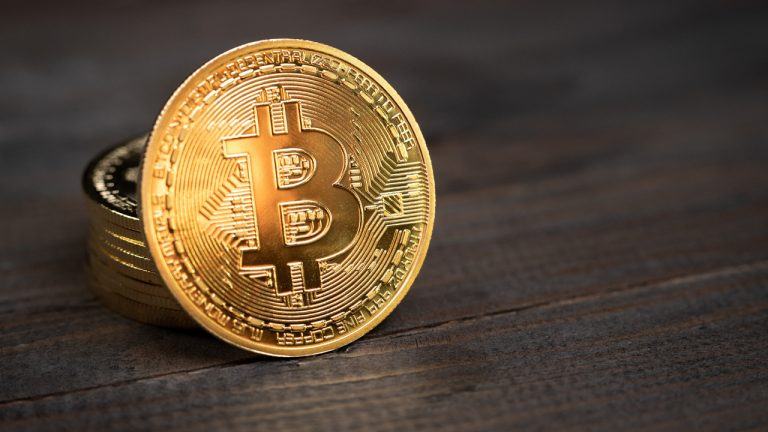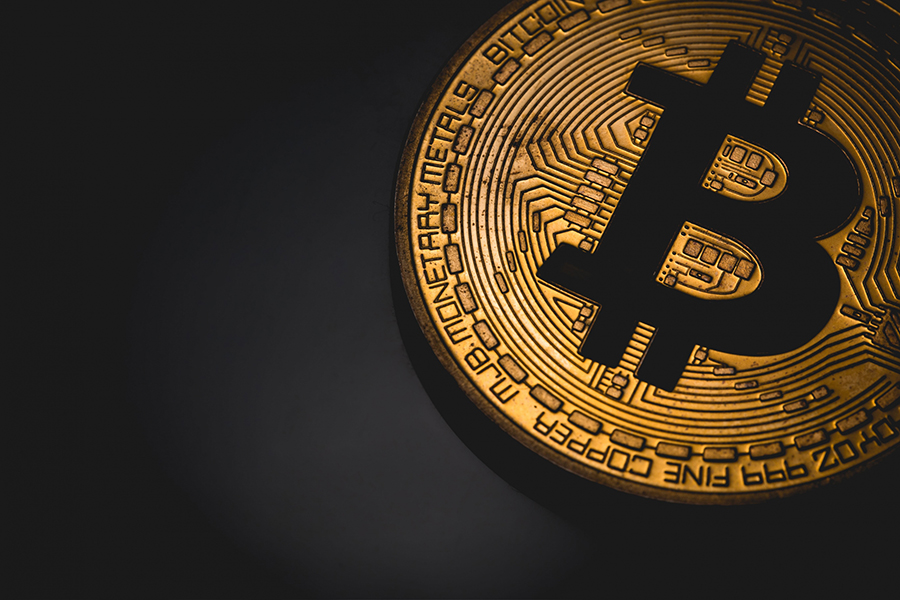Ways Bitcoin can Affect Hitachi: The Advantages of Disadvantages of the BTC Effect

Bitcoin is a decentralized digital currency that doesn’t rely on any government or financial institution to function. This means that it is not subject to the same regulations as traditional currencies, and it can be used for a variety of purposes beyond just buying goods and services. You can also learn and start Bitcoin trading on the Quantum AI Trading app.
One way that Bitcoin could impact Hitachi is through its use as a payment method. In addition, Hitachi has several subsidiaries that offer various services, including electronics and construction, and many of these could benefit from the use of Bitcoin.
For example, Hitachi could allow customers to pay for their products using Bitcoin, or it could accept Bitcoin payments for services rendered. This would not only help to boost sales but could also help to reduce costs, as Bitcoin is a relatively cheap way to transfer money.
Another way that Bitcoin could impact Hitachi is through its use as an investment vehicle. This could lead to an increase in demand for Hitachi’s products and services as investors look for companies associated with Bitcoin.
Finally, Bitcoin could indirectly impact Hitachi through its impact on the global economy.
This could increase demand for Hitachi’s products and services as businesses and consumers look for reliable companies with a strong track record.
Bitcoin has the potential to impact Hitachi in several ways, including its use as a payment method, an investment vehicle, and an indirect indicator of the global economy. As Bitcoin becomes more popular, it is likely to have a more significant impact on the global economy, leading to an increase in demand for Hitachi’s products and services.
How can Bitcoin Affect Hitachi?
It is a decentralized, peer-to-peer currency with no government or central bank backing it.
Many people see it as a way to store value outside of the traditional financial system and as a way to conduct transactions without the fees associated with traditional payment methods.
Hitachi is a Japanese technology company that was founded in 1910. Hitachi has been interested in Bitcoin for some time, and in early 2016, the company announced plans to start accepting Bitcoin payments.
The decision by Hitachi to accept Bitcoin payments is significant. It shows that large, established companies are starting to see the value of Bitcoin and are willing to embrace it. As Bitcoin grows in popularity, more and more companies will likely start accepting it as a payment method. This could have a significant impact on the global economy.
Advantages of Bitcoin affecting Hitachi
Bitcoin has several advantages that have led Hitachi to adopt it as a payment method.
This gives users more freedom and control over their money: they can spend it wherever they want without relying on a bank or other third party.
- Bitcoin is global: payments can be made anywhere globally, without any fees or exchange rates.
- Bitcoin is fast: payments are processed within minutes, and there are no delays or cancellations.
- Bitcoin is affordable: fees are meager (less than a penny per transaction), and there are no hidden costs.
- Bitcoin is transparent: all transactions are recorded on a public ledger, so users can see where their money is going.
- Bitcoin is reliable: it has been operational since 2009 and has never been hacked or compromised.
These are just a few of Bitcoin’s many advantages over traditional payment methods. For businesses and individuals looking for a more efficient, affordable, and secure way to pay, Bitcoin is the obvious choice.
Disadvantages of Bitcoin Affecting Hitachi
Despite its many advantages, Bitcoin does have a few disadvantages that may affect Hitachi’s decision to adopt it as a payment method. These disadvantages include the following:
- Bitcoin is volatile: the value of bitcoins can fluctuate rapidly, which makes it difficult to predict how much they will be worth in the future.
- Bitcoin is not universally accepted: Bitcoin is not as widely accepted as traditional payment methods.
- Bitcoin is not regulated: there are no laws or regulations governing it, which can lead to uncertainty and volatility.
- Bitcoin is anonymous: transactions are not linked to names or identities, so users can conduct illegal activities without being detected.
- Bitcoin is not always reliable: there have been cases of Bitcoin networks being overloaded and transactions taking a long time to process.
Conclusion
Hitachi has decided to adopt Bitcoin as a payment method, and other large companies are likely to follow suit shortly.
While Bitcoin does have some disadvantages, they are outweighed by its benefits. For businesses and individuals looking for a more efficient, affordable, and secure way to pay, Bitcoin is the obvious choice.
Powered by WPeMatico








